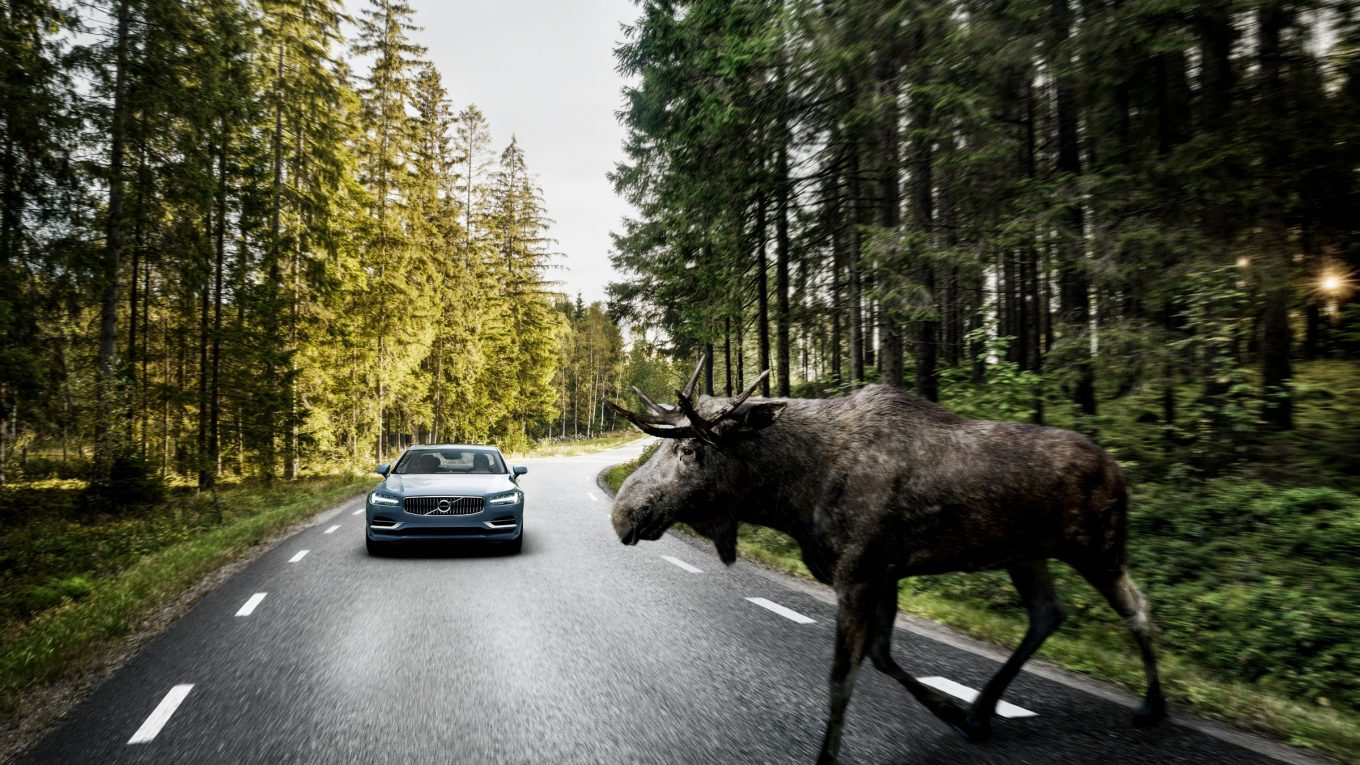How to Handle Accidents with Animals
The last thing an animal lover wants to think about is a car accident involving a creature of any kind. But animal-related accidents happen, and unfortunately, they happen a lot. According to the most recent roadkill statistics, 253,000 of the 6.3 million annual auto accidents in the U.S. involve animals. And while that number may be shocking, it may not even be the half of it: it’s estimated that about 50 percent of collisions between vehicles and large animals go unreported. The vast majority of these accidents involve deer (90 percent), but an appalling amount of vertebrates are run over each and every day — 1 million (that’s one creature every 11.5 seconds).

Tips for Avoiding Accidents with Animals
While animal-related accidents are undeniably common, they’re not inevitable. There are a number of ways drivers can take precautions to avoid an unfortunate event:
- It may sound impossible, but if you see an animal run out in front of your vehicle, try to remain calm. If possible, quickly scan the road and the shoulders ahead of you to get a sense of where you can direct your car.
- Believe it or not, swerving suddenly is not the best plan of action. Rather than suddenly steering in one direction, attempt to slow down as much as possible while keeping an eye on your rearview mirror to make sure no one is directly behind you and might risk crashing into your vehicle. However, be careful not to slam on your breaks as this can cause skidding.
- If you see the animal approaching from the right side of the road, steering in that direction and attempting to go behind the creature might encourage it to cross faster.
- If there’s no oncoming traffic, flash your high beams to alert the animal (this may also help illuminate some creatures’ reflective eyes). Avoid keeping the lights on since the steady brightness can cause deer to stop in their tracks. Honking your horn may also help drive the animal out of the way and/or alert other drivers to stop or slow down.
- If you’re traveling in areas with a lot of wildlife, stay extra vigilant, especially around dawn and dusk when many animals tend to be active.
What To Do If You Hit An Animal While Driving
Even if you take all the proper steps to avoid a collision, it’s impossible to completely guarantee against an animal-related accident. If you do have the misfortune of hitting an animal with your vehicle, it’s crucial to know how to proceed post-accident.
The legal stuff
While the United Kingdom has an overarching law that requires drivers to report accidents involving certain animals like dogs, goats, horses, etc., the U.S. rules vary by state. However, most states require drivers to pull over if they hit a domestic animal, and immediately contact the appropriate state or local authority (if you’re driving on a busy road or highway, however, where it might be dangerous to stop, keep moving and call the police to report the accident). Check the driver’s handbook for your state to know all the legal requirements.
The safety stuff
Large animals:
- Animals like a deer or elk have the potential to do major damage to your vehicle, and in some cases, you and your passengers. If there’s no time to slow down or avoid impact, it’s important that you lower your body down in the driver’s seat so you’re maximally protected by the dashboard in case the animal shatters your windshield.
- Large animals tend to roll over a vehicle if they’re hit and crush the center of the roof and windshield — to minimize your risk of injury, lean toward your door, not the center of the car.
- If you do hit a large animal, pull over immediately and stay in your vehicle — while your instinct may be to help the injured creature, you could put yourself in serious danger by coming close. Put on your emergency flashers and call for help ASAP.
Injured animals:
- Even house pets can act in unpredictable ways when hurt. If possible place a blanket or jacket around domestic animals but do not approach if they seem aggressive or in serious distress. Call the police (and if you can see contact information on their collar, call their owner immediately).
- Wait with the animal until authorities arrive.
- Once the animal has been helped, you may choose to file a police report — because most states require pet owners to keep their pets under control, you may be able to receive compensation for vehicle damages.
The car insurance stuff
Immediately report the accident to your car insurance company — if you have comprehensive coverage, your plan may compensate for the cost of damages. However, if the cost doesn’t exceed your deductible, you may be responsible for the full cost of repairs.
